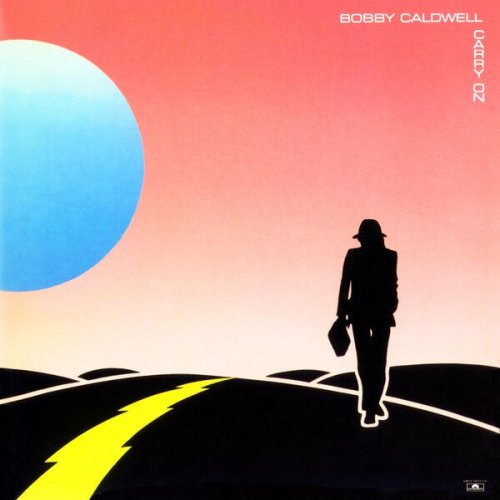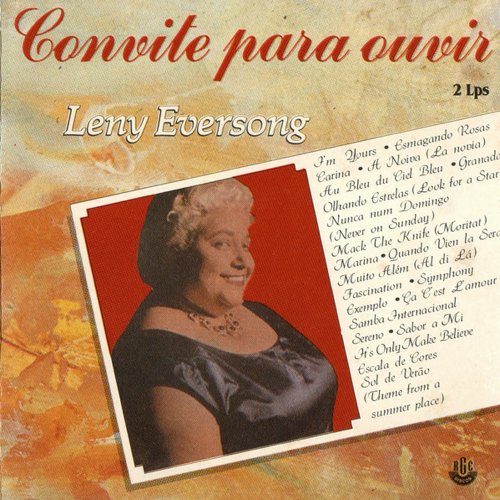Ensemble Concertant Frankfurt - Gebel: String Quintets (2000)
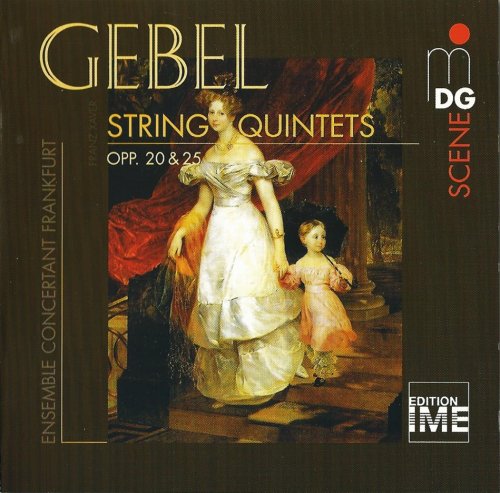
Artist: Ensemble Concertant Frankfurt
Title: Gebel: String Quintets
Year Of Release: 2000
Label: MDG
Genre: Classical
Quality: FLAC (tracks)
Total Time: 01:03:20
Total Size: 306 Mb
WebSite: Album Preview
Tracklist: Title: Gebel: String Quintets
Year Of Release: 2000
Label: MDG
Genre: Classical
Quality: FLAC (tracks)
Total Time: 01:03:20
Total Size: 306 Mb
WebSite: Album Preview
01. Quintet for 2 violins, viola & 2 cellos in E flat major, Op. 25: Allegro con brio [0:10:03.40]
02. Quintet for 2 violins, viola & 2 cellos in E flat major, Op. 25: Scherzo. Allegro [0:04:36.32]
03. Quintet for 2 violins, viola & 2 cellos in E flat major, Op. 25: Adagio [0:07:27.08]
04. Quintet for 2 violins, viola & 2 cellos in E flat major, Op. 25: Finale. Allegro [0:07:26.67]
05. Quintet for 2 violins, viola & 2cello in E minor, Op. 20: Allegro [0:09:02.25]
06. Quintet for 2 violins, viola & 2cello in E minor, Op. 20: Allegro molto [0:05:56.38]
07. Quintet for 2 violins, viola & 2cello in E minor, Op. 20: Adagio ma non troppo [0:10:35.57]
08. Quintet for 2 violins, viola & 2cello in E minor, Op. 20: Finale. Allegro agitato [0:08:16.00]
Performers:
Ensemble Concertant Frankfurt
In the lush mosaic of Russian 19th-century music life, Franz Xaver Gebel (1787-1843) was a fascinating, if marginal tile. Born in Germany, Gebel emigrated to Moscow in the 1820s and there taught a generation of students, including Nicolai Rubinstein, while composing on the side. His chief role in Moscow was organizing chamber music concerts with the intention of elevating music taste in Russia. He impressed some pretty big names in the process, such as Borodin and Glinka. Gebel wrote eight quintets and the two selected for this recording are the best examples of his art currently on disc; if you're curious about him, this is the quintessential gateway. (Profil has followed up with recordings of some string quartets and the string quintet op. 27, of which the latter is the better choice.)
Both of these string quintets date from the 1830s and the influence of Beethoven shows in their style, motivic craftsmanship, and expressive depth. Like Onslow, Gebel substitutes a double bass for second cello, generating a richer color and bottom-heavy weight to the ensemble. Gebel's themes are absolutely first-class: imposing, attractive, melodic, and replete with vivid dynamic contrasts. What strikes me about his quintets is how different—even idiosyncratic—his textures and part-writing sound compared to folks like Ries, Spohr, Cherubini, and Kuhlau, and other mid-tier composers dabbling in the genre. Apart from a grounding in Haydn and similarities with Beethoven, his quintets are quirky. He varies his textures in arresting ways, giving each instrument significant material within their own recitatives and solos. His themes are studded with harmonic interest, unusual starts and stops, and fresh rhythms. Although a proponent of Viennese classicism, Gebel isn't demure or conservative: there's unbridled emotion, flirtations with Romanticism, and dramatic bite aplenty in these works.
I read a review of this disc on Fanfare by Martin Anderson, who was so enthusiastic he compared Gebel to Bruckner: "... the real surprise here is how much he foreshadows the style of mature Bruckner: a similar sense of scale, those lolloping basses (underlined here by the double bass), the pregnant pauses between phrases, his tendency to state the melodic material and stand back as if it required digestion. The Bruckner preechoes are especially striking in Gebel's pounding scherzos." This is all manifested in the powerful String Quintet in E-flat major op. 25. An elegant "Allegro con brio" exhibits Gebel's talent, blending gentility, passion, and tension in a magnificent tapestry. Beethoven is the obvious model for the "Scherzo" with its agitated rhythmic profile and jagged dynamic contrasts. Gebel's scherzo theme is quite menacing and colored by tritones, while the trio is a lovely cello cantilena of real worth. Next is a pathos-laden "Adagio" in C minor with a stark semitone motif evincing grief. Long sustains and lyrical phrases are answered and echoed by each instrument in a refined manner. The "Finale" is in some variant of sonata form and comes alive during its dramatic development, abuzz with repeated notes and violin patter.
The String Quintet in E minor op. 20 is so good, it demands an encore. The "Allegro" has a noble and striving exposition, buffeted by rhythmic snap and flourishes from the first violin. Yet again Gebel favors recitatives for each instrument and displays imaginative part-writing. His content is seldom prosaic or lifeless. The "Allegro molto" is a Beethoven scherzo of nervous tension and powerful unison pizzicati; a very striking effect. Gebel's ingenuity with texture is well-advertised in his "Adagio ma non troppo," essentially ten minutes of soothing tranquility punctuated by barbs of suspense. Gebel weaves an intricate lyrical fabric that gives the cello prominence, while facilitating duets, solos, intense tremolos for the bass, and other gradations of interplay between the strings. The grit and minor-key virility of the opening movement is rekindled in the "Finale," a sonata-form essay of dramatic momentum. Its first theme is spurred on by galloping rhythms and ostinatos, while the second is a dizzying rush of triplets and 16ths, culminating in an exciting development.
Ensemble Concertant Frankfurt is always excellent. Their recordings of string quintets by Onslow are treasures and you couldn't ask for a better group to showcase Gebel's magisterial op. 20/25. They breathe life into this music and give concentrated readings, while gratefully observing the exposition repeats. Recorded sound is superb and the natural hall ambience on headphones is immersive.
Both of these string quintets date from the 1830s and the influence of Beethoven shows in their style, motivic craftsmanship, and expressive depth. Like Onslow, Gebel substitutes a double bass for second cello, generating a richer color and bottom-heavy weight to the ensemble. Gebel's themes are absolutely first-class: imposing, attractive, melodic, and replete with vivid dynamic contrasts. What strikes me about his quintets is how different—even idiosyncratic—his textures and part-writing sound compared to folks like Ries, Spohr, Cherubini, and Kuhlau, and other mid-tier composers dabbling in the genre. Apart from a grounding in Haydn and similarities with Beethoven, his quintets are quirky. He varies his textures in arresting ways, giving each instrument significant material within their own recitatives and solos. His themes are studded with harmonic interest, unusual starts and stops, and fresh rhythms. Although a proponent of Viennese classicism, Gebel isn't demure or conservative: there's unbridled emotion, flirtations with Romanticism, and dramatic bite aplenty in these works.
I read a review of this disc on Fanfare by Martin Anderson, who was so enthusiastic he compared Gebel to Bruckner: "... the real surprise here is how much he foreshadows the style of mature Bruckner: a similar sense of scale, those lolloping basses (underlined here by the double bass), the pregnant pauses between phrases, his tendency to state the melodic material and stand back as if it required digestion. The Bruckner preechoes are especially striking in Gebel's pounding scherzos." This is all manifested in the powerful String Quintet in E-flat major op. 25. An elegant "Allegro con brio" exhibits Gebel's talent, blending gentility, passion, and tension in a magnificent tapestry. Beethoven is the obvious model for the "Scherzo" with its agitated rhythmic profile and jagged dynamic contrasts. Gebel's scherzo theme is quite menacing and colored by tritones, while the trio is a lovely cello cantilena of real worth. Next is a pathos-laden "Adagio" in C minor with a stark semitone motif evincing grief. Long sustains and lyrical phrases are answered and echoed by each instrument in a refined manner. The "Finale" is in some variant of sonata form and comes alive during its dramatic development, abuzz with repeated notes and violin patter.
The String Quintet in E minor op. 20 is so good, it demands an encore. The "Allegro" has a noble and striving exposition, buffeted by rhythmic snap and flourishes from the first violin. Yet again Gebel favors recitatives for each instrument and displays imaginative part-writing. His content is seldom prosaic or lifeless. The "Allegro molto" is a Beethoven scherzo of nervous tension and powerful unison pizzicati; a very striking effect. Gebel's ingenuity with texture is well-advertised in his "Adagio ma non troppo," essentially ten minutes of soothing tranquility punctuated by barbs of suspense. Gebel weaves an intricate lyrical fabric that gives the cello prominence, while facilitating duets, solos, intense tremolos for the bass, and other gradations of interplay between the strings. The grit and minor-key virility of the opening movement is rekindled in the "Finale," a sonata-form essay of dramatic momentum. Its first theme is spurred on by galloping rhythms and ostinatos, while the second is a dizzying rush of triplets and 16ths, culminating in an exciting development.
Ensemble Concertant Frankfurt is always excellent. Their recordings of string quintets by Onslow are treasures and you couldn't ask for a better group to showcase Gebel's magisterial op. 20/25. They breathe life into this music and give concentrated readings, while gratefully observing the exposition repeats. Recorded sound is superb and the natural hall ambience on headphones is immersive.
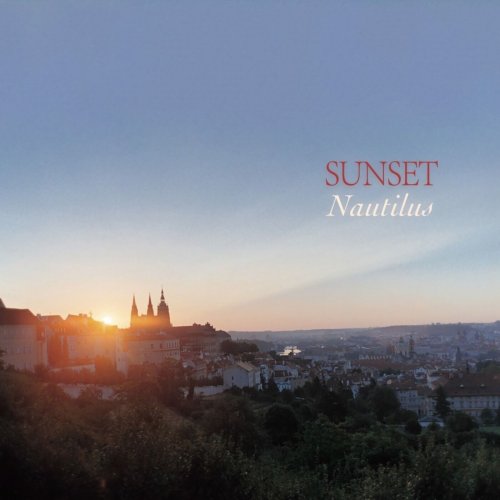
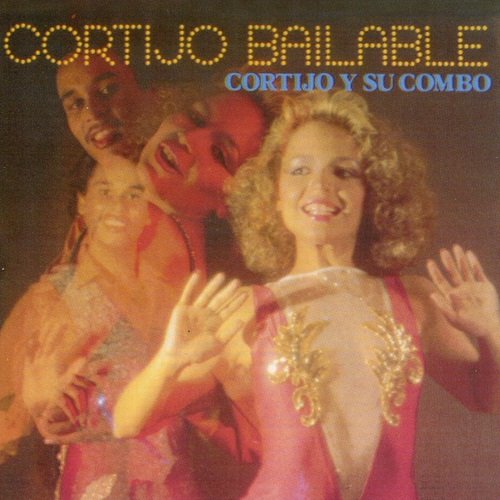
![The Voros Collective - Intercontinental Man (2026) [Hi-Res] The Voros Collective - Intercontinental Man (2026) [Hi-Res]](https://www.dibpic.com/uploads/posts/2026-03/1772344932_cover.jpg)
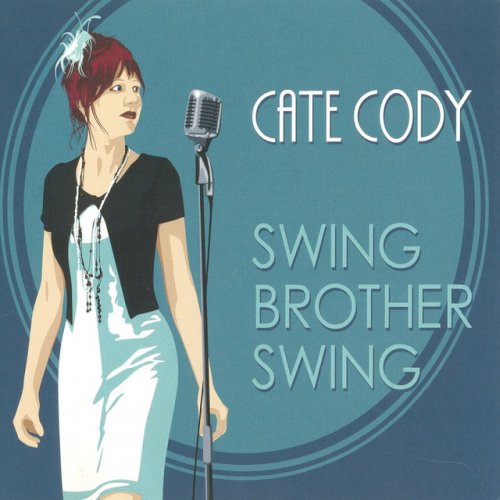
![Mammal Hands - Becoming (2018) [Hi-Res] Mammal Hands - Becoming (2018) [Hi-Res]](https://www.dibpic.com/uploads/posts/2023-01/1673772235_cover.jpg)
![Teresa Brewer - In London (2016) [Hi-Res] Teresa Brewer - In London (2016) [Hi-Res]](https://www.dibpic.com/uploads/posts/2021-03/1617164538_teresa-brewer-in-london-2016.jpg)
![Thomas Bergsten Trio - Chill Microtonal Free Jazz and Modern Composition To Study To (2026) [Hi-Res] Thomas Bergsten Trio - Chill Microtonal Free Jazz and Modern Composition To Study To (2026) [Hi-Res]](https://www.dibpic.com/uploads/posts/2026-03/1772434983_p1cagvb6yegof_600.jpg)
